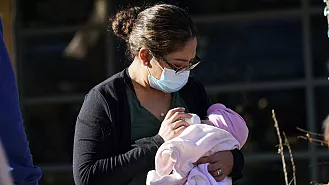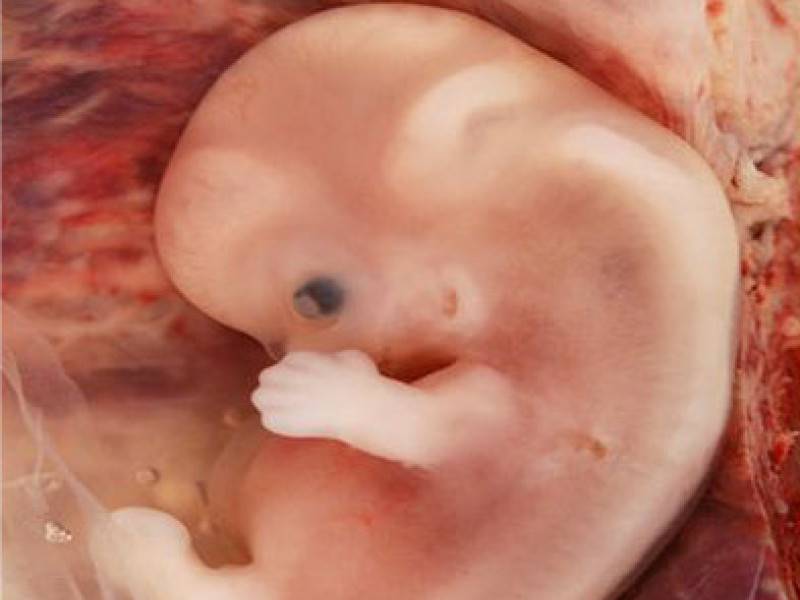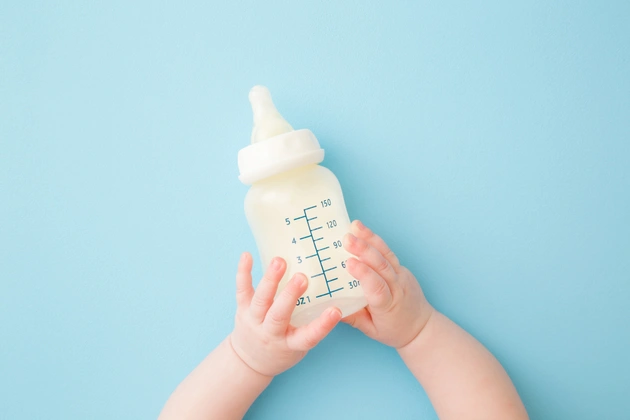Baby care training has become an essential part of preparing for parenthood. As new parents step into the world of childcare, understanding the basics of baby care can make the transition smoother and help ensure the well-being of both the baby and the parents. This type of training covers a wide range of topics, from feeding and diapering to infant safety and sleep practices, offering invaluable knowledge for those embarking on the parenting journey.
What Does Baby Care Training Include?
Baby care training typically focuses on the fundamental skills that parents need to care for their newborns. The curriculum often includes hands-on training in areas such as:
Feeding Techniques: Proper feeding is crucial for a baby’s growth and development. Baby care courses teach parents how to breastfeed, formula-feed, and understand the signs of hunger and fullness in infants.
Diapering: Learning the correct way to change diapers is essential for maintaining a baby’s hygiene. Training also includes tips for preventing diaper rash and ensuring that the baby stays comfortable.
Bathing and Grooming: Babies require special attention when it comes to bathing and grooming. Parents are taught how to safely bathe a newborn, clean their ears, and trim their nails without causing harm.
Infant Sleep Practices: A proper sleep routine is essential for a baby’s development. Training programs provide guidance on creating a safe sleep environment, understanding baby sleep cycles, and managing sleep disturbances.
Infant First Aid and Safety: Knowing how to handle emergencies is a key part of baby care training. Parents learn the basics of infant CPR, how to recognize signs of illness, and how to baby-proof the home to prevent accidents.
Soothing Techniques: Understanding how to comfort and calm a baby is an important skill. Training teaches parents various methods to soothe a crying baby, such as swaddling, rocking, or using white noise.
Why Is Baby Care Training Important?
Baby care training helps parents build confidence in their ability to care for their newborns. It reduces anxiety by providing clear guidance on how to handle everyday situations and emergencies. Furthermore, it empowers parents to make informed decisions about their baby’s health and well-being, which can lead to a more positive and fulfilling parenting experience.
Conclusion
In summary, baby care training equips parents with the skills and knowledge needed to raise healthy and happy babies. It provides a solid foundation for managing the demands of parenthood and ensures that both parents and babies thrive in the early stages of life. By investing in baby care education, parents can feel more prepared and confident as they embark on their parenting journey.




